By Chen Tianhao
(ECNS) – On July 6, U.S. Treasury Secretary Janet Yellen arrived in Beijing for meetings and conversations with senior Chinese officials. This is the second visit to China by a senior U.S. official within a month after U.S. Secretary of State Antony Blinken paid his visit back on June 19.
According to AP News, the goal of Yellen's visit is to deepen and increase the frequency of communication between the U.S. and China.
In an exclusive interview with China News Network, Sourabh Gupta, a senior research fellow at ICAS, pointed out that the U.S.-China relationship needs a "new normal" that features a stable, constructive and clear-eyed relationship, in which bilateral trade and investment ties can act as an important stabilizer.
The U.S. and China should strive for a "new normal"
In 2022, the White House issued the National Security Strategy, claiming that in the competition with China, it is clear that the next ten years will be the decisive decade. For this, Gupta thinks that one of the reasons is that there are many technological breakthroughs and activities in both countries. In particular, China has made huge leaps in 5G, telecommunications and new energy, while the U.S. has also made progress in semiconductors and AI.
Gupta also thinks that China is catching up very swiftly in science and technology, and by 2035, China will be in a good position to overtake the U.S. in certain areas of technology. So the U.S. needs to be more cognizant of how technology and technological revolutions work, and play a much longer game like China has been doing.
In Gupta's opinion, there will be a "new normal" in U.S.-China relations, but that doesn't mean that what used to exist stops existing. "The two countries still have the strategic partnership and cooperation relationship as well as deep integration at people-to-people and economic level," he said.
However, it will take efforts to author the framework of this "new normal", said Gupta. He noted that the U.S. and China don't have to be adversaries. Though there is competition between the two largest economies in the world, they are both faced with much larger global challenges such as the coronavirus and climate change. Therefore, the coordination between the U.S. and China is important at this time of flux in the international system. The U.S. and China can work together for a better future and construct a stable, constructive and clear-eyed relationship.
Trade and investment as stabilizers over the bilateral relationship
Since the establishment of diplomatic relations, China and the U.S. have seen deepened bilateral economic and trade ties, and have highly complementary interests. Facts have proven that both will benefit from a harmonious relationship, or be injured because of the conflicts.
According to Gupta, the trade and investment relationship provided great security to the overall U.S.-China relationship, and there is ample scope for future cooperation given China's explosive growth in the domestic market.
Elaborating with the example of the recent visits by Elon Musk and Bill Gates to China, Gupta said that these business leaders know China is cutting-edge in areas such as electric vehicles and batteries. So if an international company wants to be cutting-edge in the global system, it must be a competitor in the Chinese market, because one can only win if the company can compete with the best of the best in China's market.
Gupta noted that China has become the super global manufacturing hub, not just about assembly, but also the world champion in intermediate goods production. Therefore, business leaders understand that China is not only a huge market, and there is a necessity to have a "China strategy" and stay in China. Gupta hoped that such an economic driver will act as an important stabilizer over the China-U.S. relationship.








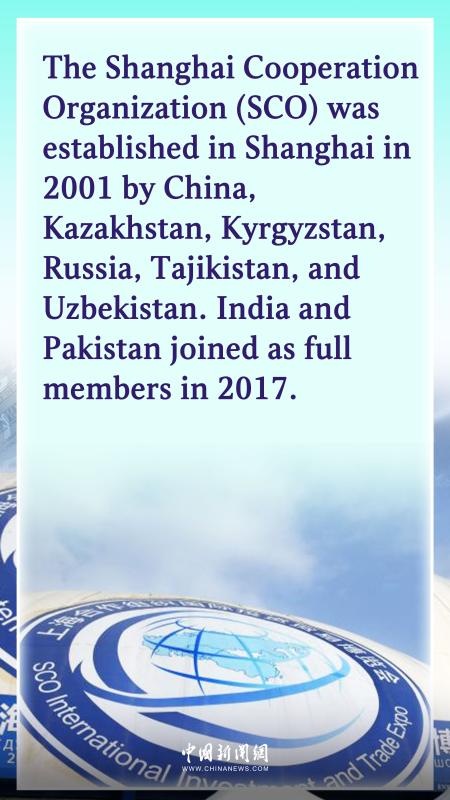




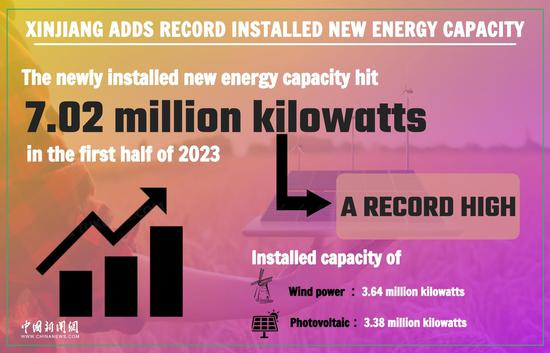

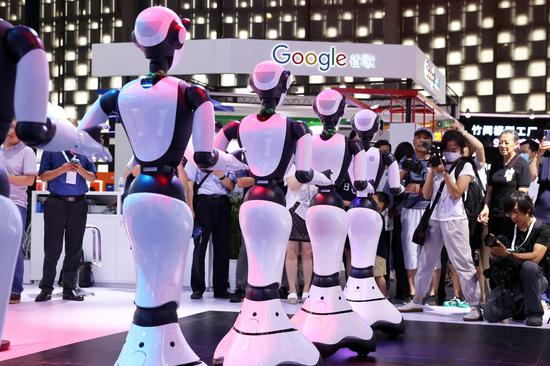














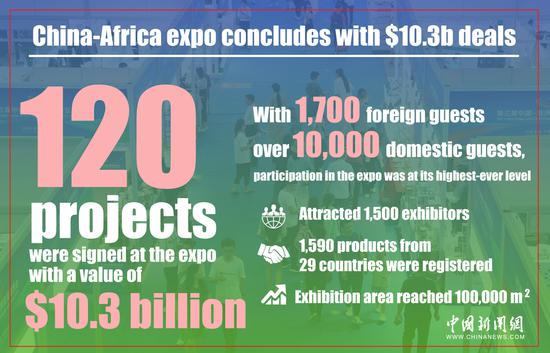



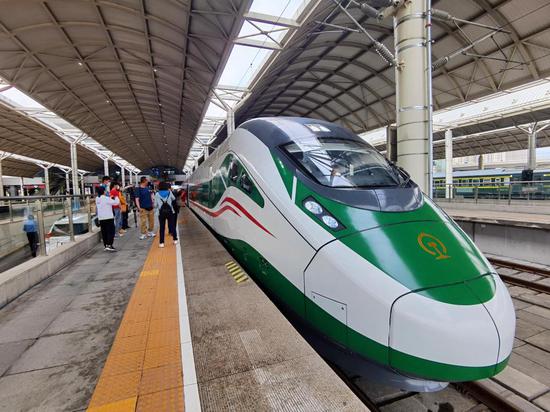






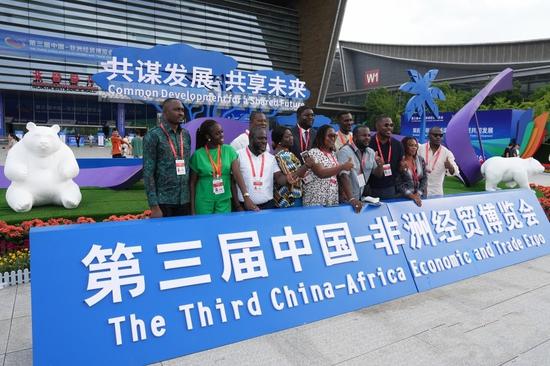

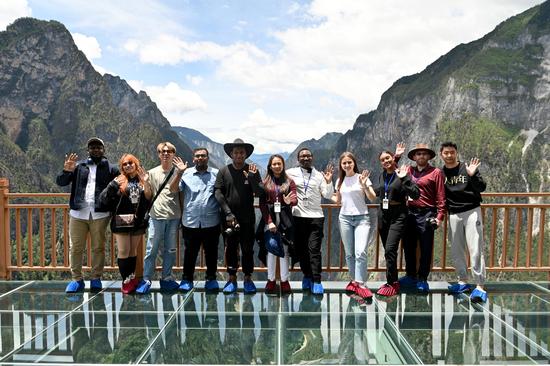






 京公网安备 11010202009201号
京公网安备 11010202009201号